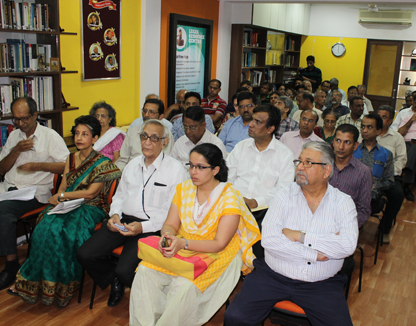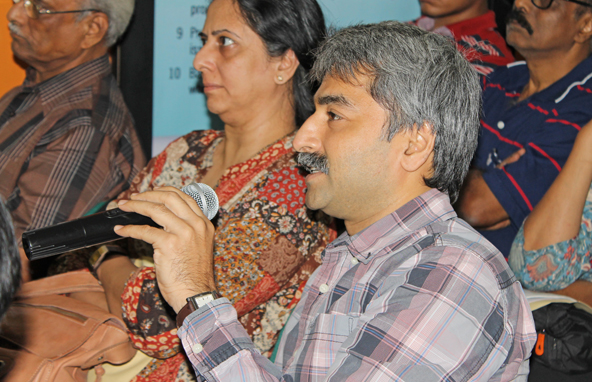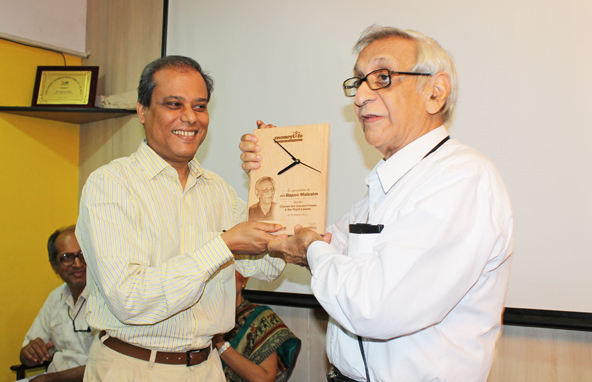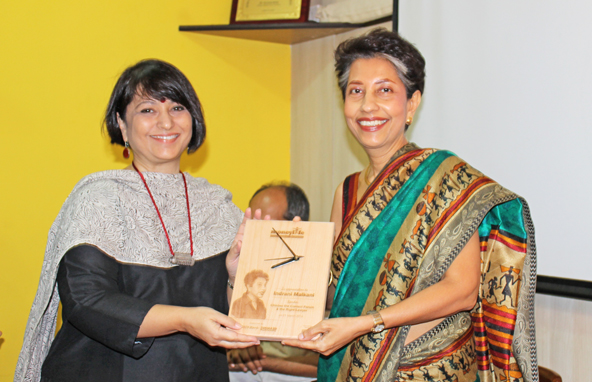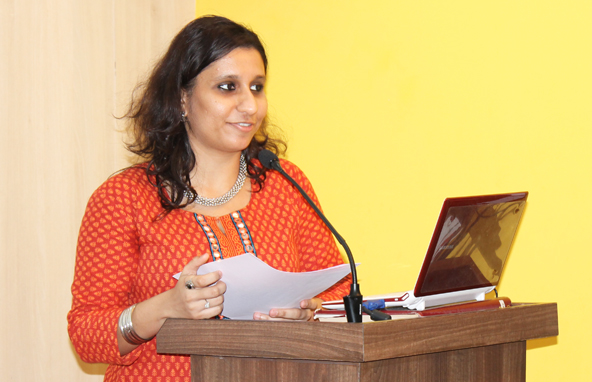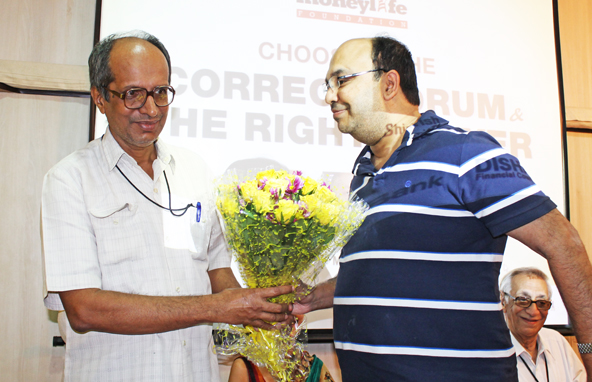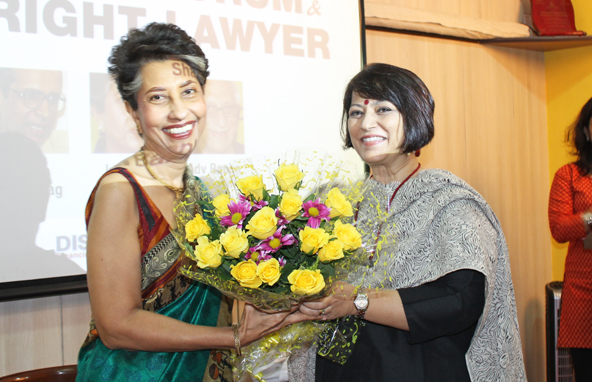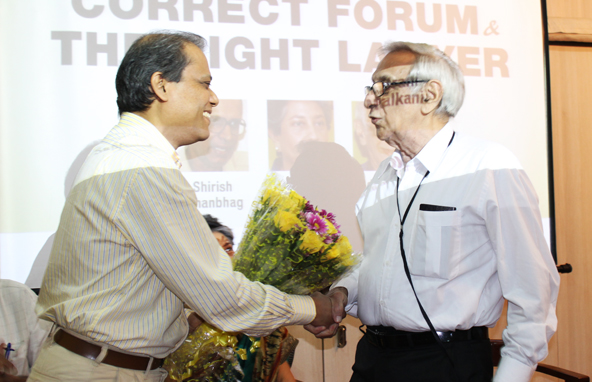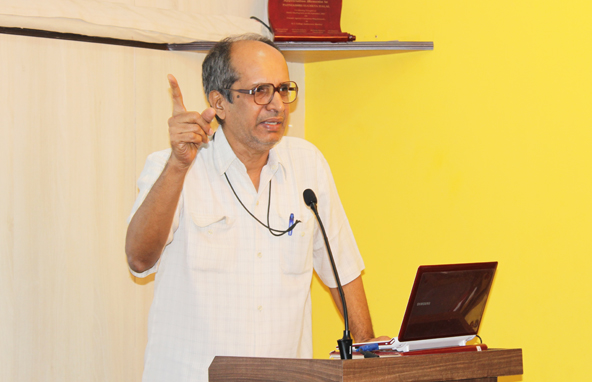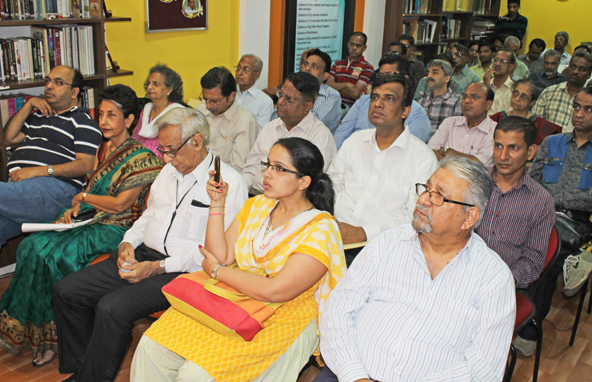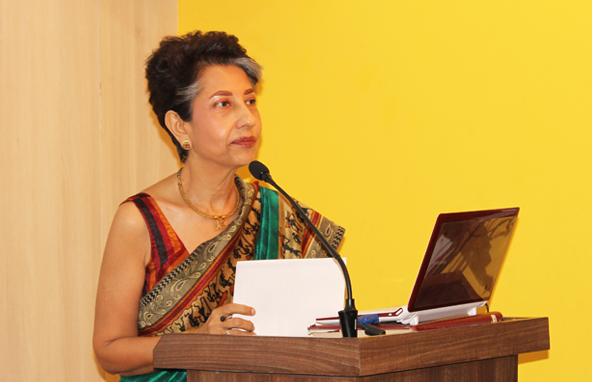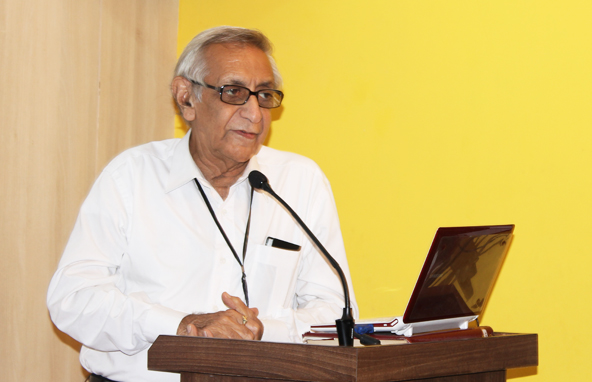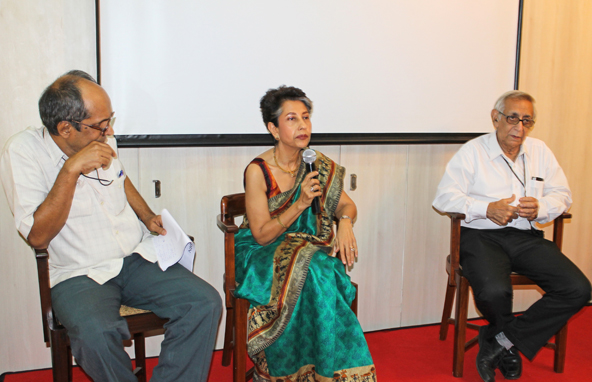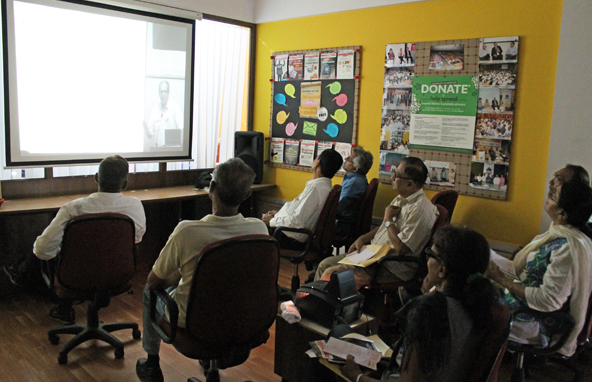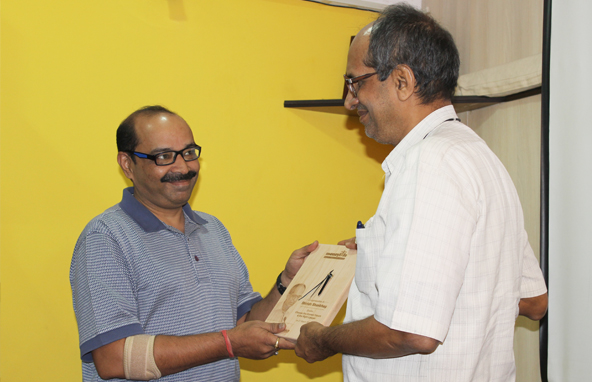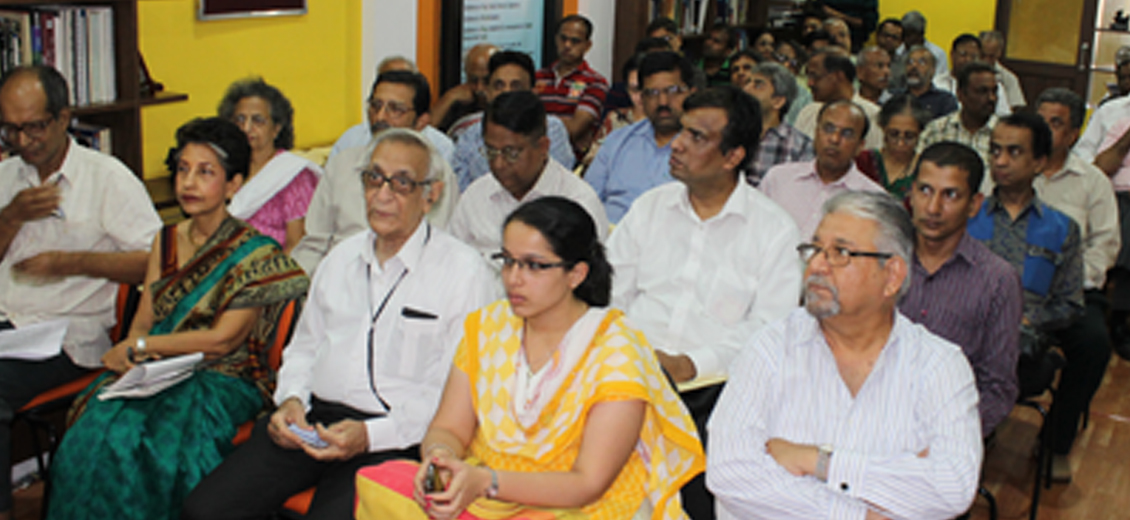
Finding a solution or redress of your grievances requires you to make smart choices and act strategically. Most people are unaware of the alternative dispute resolution forums like Lok Adalat and Lokshahi Din to resolve their issues. Also if one decides to go for legal recourse, one must chose right lawyer or end up in deep trouble. These were the words of advice provided by three experts, Adv Bapoo Malcolm, Indrani Malkani and Shirish Shanbhag, at a panel discussion organised by Moneylife Foundation in Mumbai.
There are several other fora like tax, insurance and banking ombudsman, alternative dispute resolution fora like Lok Adalat, Lokshahi Din held in government offices, counselling offered by Council for Fair Business Practices and Disha Financial Counselling and consumer courts that help people to resolve grievances quickly.
According to Shirish Shanbhag, a retired professor, who provides guidance to people on several issues, grievance of citizens is best resolved in Lokshahi Din. There are four levels of Lokshahi Din and one can escalate her grievance from taluka level to the chief minister level as well.
If one follows the simple procedure, like submitting the application in prescribed format, well before the prescribed time limit, she can get quick and effective redressal. Raising public grievances through Lokshahi Din is less time consuming, and is an inexpensive solution. In addition, there is no need to hire a lawyer and one can represent herself, Mr Shanbhag said.
Social activist Indrani Malkani who is also a trustee of vCitizens Action Network (V-CAN), said Lok Adalat works on a system of reaching a compromise between the disputed parties. Lok Adalat is a non-adversarial system, whereby mock courts (called Lok Adalats) are held by the State Authority, District Authority, Supreme Court Legal Services Committee, High Court Legal Services Committee, or Taluk Legal Services Committee.
The Lok Adalats can deal with all civil cases, matrimonial disputes, land disputes, partition/ property disputes, labour disputes, and compoundable criminal cases, Ms Malkani said.
She said, in Lok Adalat, disputing parties plead their case themselves. No advocate or pleader is allowed, even witnesses are not examined. No court fee is levied. Speedy justice is given to the people of all classes of society and the award has the same effect as of a Civil Court decree.
According to Ms Malkani, disputes can be brought before the Lok Adalat directly instead of going to a regular court, which provides speedy justice.
How to choose the right lawyer?
Advocate Bapoo Malcolm, who practises civil and criminal law as well as documentation and arbitration, said before looking for a lawyer, one must think about the outcome she wants and what branch of law applies to her specific problem. Since legal cases may drag on for years, one must also consider if the battle is worth the time and cost, he said.
According to Adv Malcolm, it is always better to hire a lawyer who is highly recommended from people in one’s inner circle who have dealt with legal issues. While credentials are important, knowledge of the lawyer about penal provisions is equally important, he said.
He said, well-established and reputed lawyers charge higher fees than the upcoming ones. At the same time, well-established lawyers don’t always charge fees for consultation or first visit, Adv Malcolm added.
One must have a frank and open discussion with the lawyer and should not hide facts. She must also ask for a realistic estimate of cost and duration to resolve the particular issue. “If you do not understand what your lawyer is saying, seek an explanation. Don’t get intimidated,” he said.


